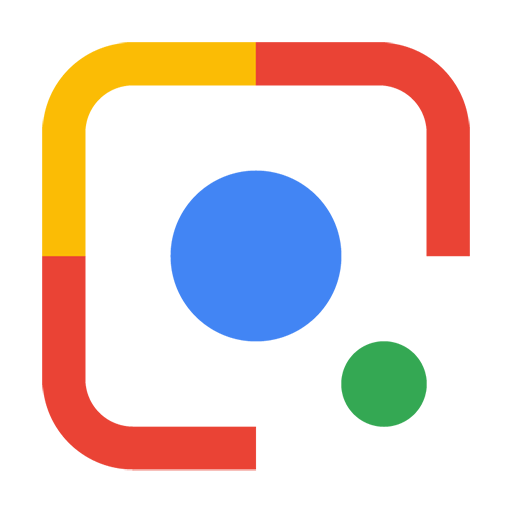Free Software
 Steemit
Steemit
Steemit is a blockchain-based blogging platform and social media application that rewards its users with the cryptocurrency STEEM for publishing and curating content. On Steemit you can publish blog posts on any topic and get rewarded by doing so. You can also be rewarded by upvoting and curating post that the other users deems noteworthy.
 Godot Engine
Godot Engine
Godot is a free and open-source 2D and 3D, cross-platform, game engine released under the MIT license. With Godot, you can develop games using Go or GDScript. Godot provides a huge set of common tools for game production, so that you can focus on making your game without reinventing the wheel. The development environment runs on multiple operating systems including Linux, macOS, and Windows and can compile games for PC, Mobile and the web browser.
 Plurk
Plurk
Plurk is a micro-blogging social network that allow you to share short messages, links, videos and everything else with your friends. Much like Twitter, Plurk is capped out at 360 text characters per post. Each user of Plurk get's a profile page and a timeline, which lists all the updates received in chronological order, and delivered to other users who have chosen to receive them follow the creator.
 Twetch
Twetch
Twetch is a blockchian-based social network. On Twetch, all interactions are micropayments in the form of Bitcoin BSV and the platform truley revolutionize social media interactions with its micropayments business model that does not include third-party actors taking shares off the payments. All of your content on Twetch is signed by you and stored on the blockchain, forever accessible to you.
 Sass
Sass
Sass stands for syntactically awesome style sheets and is a mature, stable, and powerful CSS extension language. With Sass, web designers can work smarter and faster with CSS by providing a more elegant syntax for CSS and implementing various features that are useful for creating manageable stylesheets at scale. Some of these features include adding nested rules, variables, mixins, selector inheritance, and more. Sass has been active development since 2006, and continues to provide value to the web designer community until this day. It's released free and open-source under the MIT license.
 Webmin
Webmin
Webmin is a web-based interface for system administration tool for Unix-like systems. You can use Webmin in any modern browser to setup and manage& user accounts, Apache web server, DNS configuration and alike. The software removes the mundane task of manually editing Unix configurations and allow you to easily setup hosting for applications, sites and web services.
 Pygame
Pygame
Pygame is a library that includes a set of modules designed for writing video games in Python. Pygames wraps and adds functionallity on top of the C library SDL. A cross-platform development library designed to provide low level access to audio, keyboard, mouse, joystick, and graphics hardware via OpenGL and Direct3D. Allowing you to create fully featured games written entierly in the programming language Python.
 Google Lens
Google Lens
Google Lens is an image recognition technology developed by Google. The application uses neural networks to identify objects using visual analysis. With Google Lens you can scan text and translate text in real time, lookup words and add events to your calendar. If you find a piece of furniture that you like, take a photo and Google Lens will automatically try to detect the object and do a google search, and display related products and store selling it.
 Upwork
Upwork
Upwork is a web-based platform that connects businesses of all sizes to freelancers, independent professionals, and agencies for all their hiring needs. Scale your workforce dynamically as business needs change.
 Xubuntu
Xubuntu
A light-weight Linux distribution intended for both new and experienced Linux users. Xubuntu comes with the Xfce desktop environment by default which use fewer system resources than the default Ubuntu GNOME desktop. Xubuntu was officially released on 1 June 2006 and has seen active development since. It is openly maintained by the community and released free of charge under the GNU General Public License.